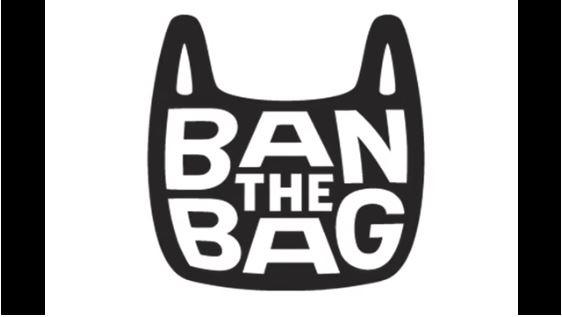

On Tuesday California said no to the plastics lobby’s wish list. Proposition 67 passed with 52 percent affirming the law banning the bags. Proposition 65 failed, with 51 percent rejecting the redirection of bag fees. It was precisely the result environmental groups, grocers and unions had pushed for.


The avalanche of money that rolled in from pharmaceutical drug companies to beat back the challenge to their bottom lines posed by Proposition 61 dwarfed the money contributed to the Yes on 61 effort, which still ran into the millions.


Victorious Proposition 55 has extended a policy initially approved by Californians in 2012 to make up the recession-era budget cuts in the Golden State—cuts that devastated spending on education and health care. The 2012 measure, Proposition 30, established a personal income tax increase on household incomes of $250,000 and above.

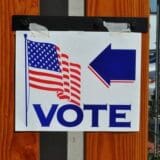
Most initiatives that appeared on the California ballot passed this Tuesday, but not everyone came away a winner. Capital & Main presents our writers’ analysis of what happened to eight key ballot measures – and why.


Yesterday the subscriber-only political almanac California Target Book reported that spending by all independent expenditure committees (IECs) on legislative races in the general election had topped $41 million. That brought the year’s total of outside money for state Assembly and Senate seats, including primary races, to $70 million.
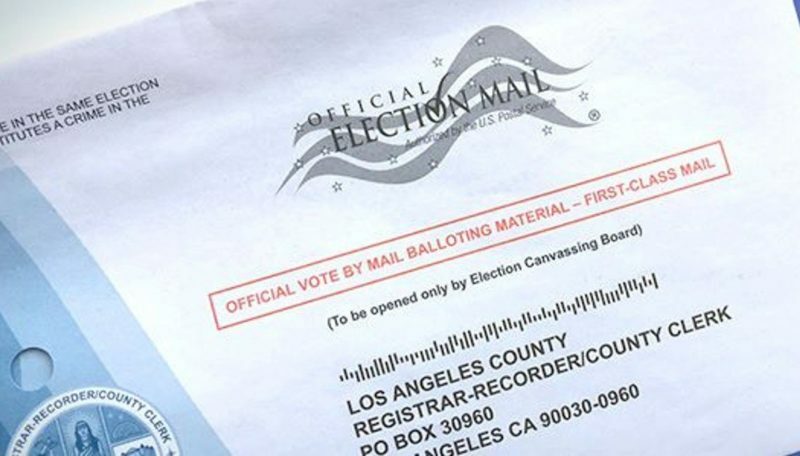
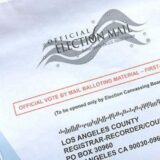
With a wink to Thomas Hobbes, this year’s election season has been nasty, brutish and long. Today it comes to an end, allowing us to look back on some of Capital & Main’s best reporting on issues that affect Californians on the most fundamental levels.
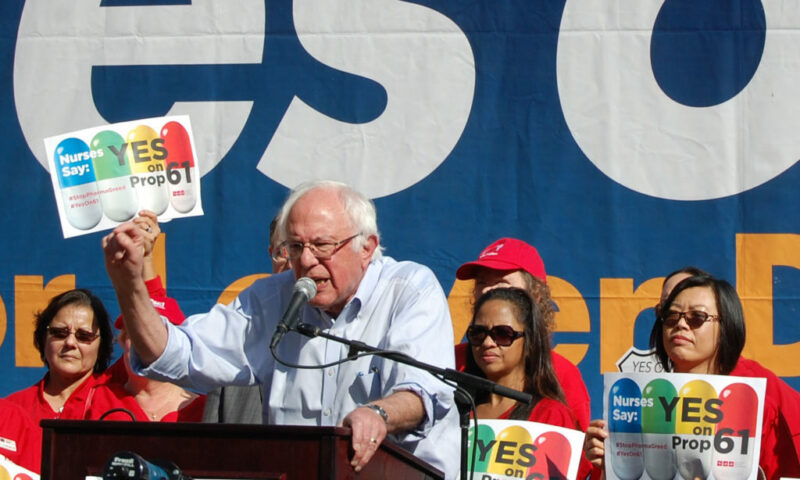
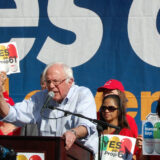
“This could be the shot heard round the world!” Vermont Senator Bernie Sanders told a Los Angeles rally held Monday in favor of Proposition 61. About 650 office workers, health-care activists and California nurses gathered that morning in Pershing Square to support the drug pricing initiative.


When Cesar Chavez led a band of farm workers on their historic 300-mile march from Delano to Sacramento half a century ago, they prominently displayed banners of the Virgin de Guadalupe throughout the line. Why? Because that image held symbolic weight far beyond any other the group could carry.


“No whining, no griping, pull yourself up by your bootstraps.” That’s how Susan Story describes the hard lessons she learned growing up in rural Alabama. Then why is the corporation she leads as chief executive officer, American Water, complaining about opposition to its plans in West Virginia?


The 24th Street Theatre has a reputation for producing quality theater suitable for everyone from 8 to 80 years old. Hansel & Gretel Bluegrass, Bryan Davidson’s compelling musical adaptation of the fairy tale about two hungry and imperiled children, is the company’s latest effort.
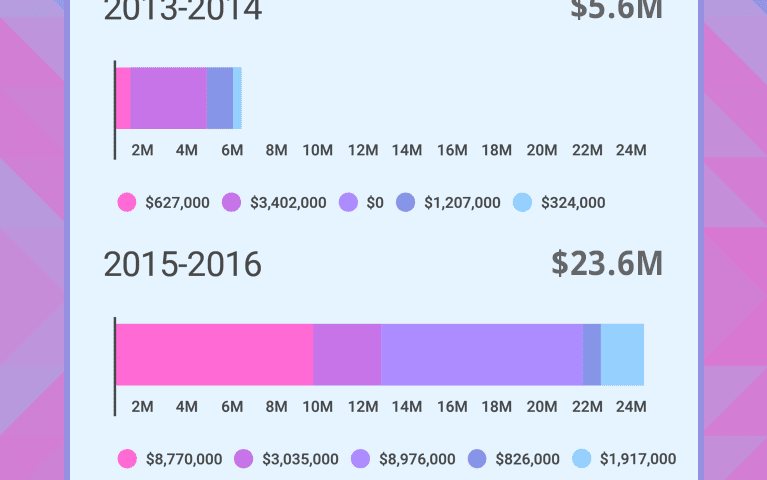
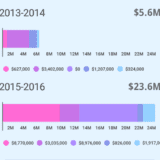
Under state law, an independent expenditure committee can funnel unlimited amounts of money from corporations, nonprofits and wealthy donors, as long as it does not coordinate spending activity with candidates, who are under strict, albeit voluntary campaign limits. Next week Bill Raden will report on the unprecedented amount of contributions made by California’s charter school lobbies to influence nearly three-dozen state Assembly and Senate races, along with several local school board elections.


Co-published by The Nation
Ordinary working people, especially the young and people of color, have been so much and for so long exploited in Arizona that for many, labor and political activism have become lifelong governing passions, not just a matter of phone-banking on a weekend or two in an election season. Their long misfortunes have galvanized labor into becoming a voter registration powerhouse and a formidable organizer in the fielding of candidates.
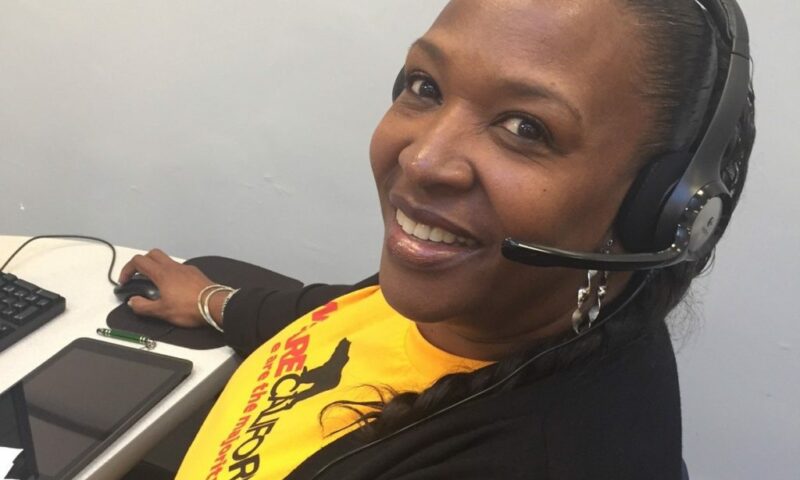

The phone bank on Florence Avenue near Western is fully staffed on a Thursday afternoon. Its 20 callers could be hawking solar paneling or copper water pipes to anyone who answers. Instead, the men and women here are selling change in the most populous city in the most populous state in the nation. On this day, shortly before the election, they are contacting potential voters about three of California’s 17 ballot propositions.
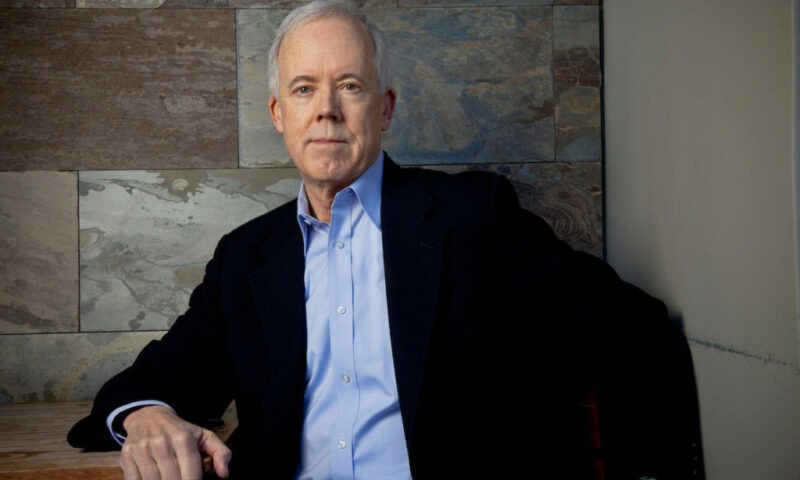

For two decades businessman Bill Bloomfield has poured millions of dollars into political campaigns, and supported George W. Bush, Rudy Giuliani and John McCain. He has also used his personal wealth to back former California Governor Arnold Schwarzenegger and the gubernatorial effort of GOP candidate Meg Whitman.
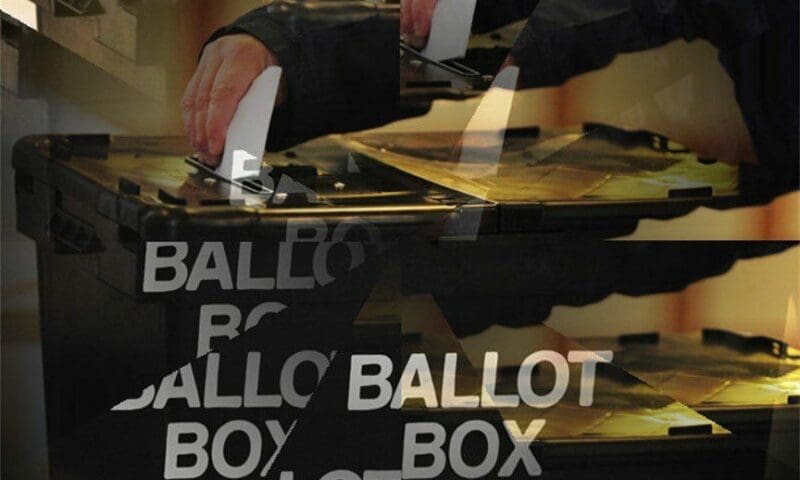
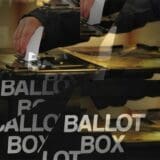
A New Series This week Capital & Main continues to look at issues and individuals that are playing a part in this month’s election.
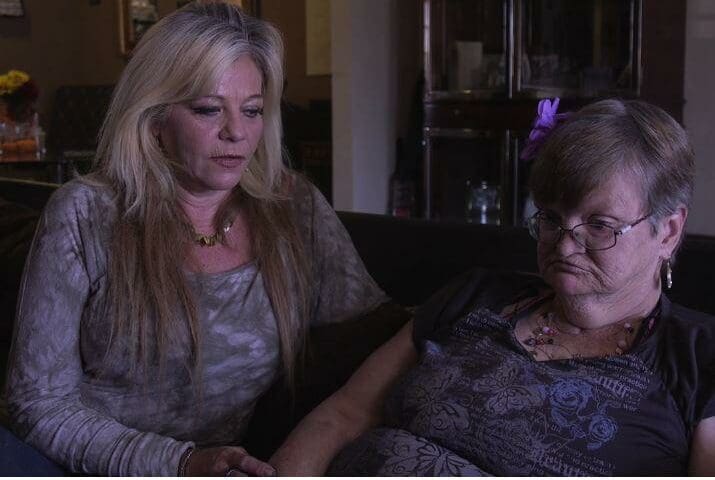

Toni Monique is an in-home caregiver who talks like a political philosopher when she is not taking care of her sister, Tonya Ginn, in Buena Park. When told that the Freedom Foundation, an organization with financial ties to right-wing billionaires Charles and David Koch, had recently moved into California to undermine her union, she got downright angry.
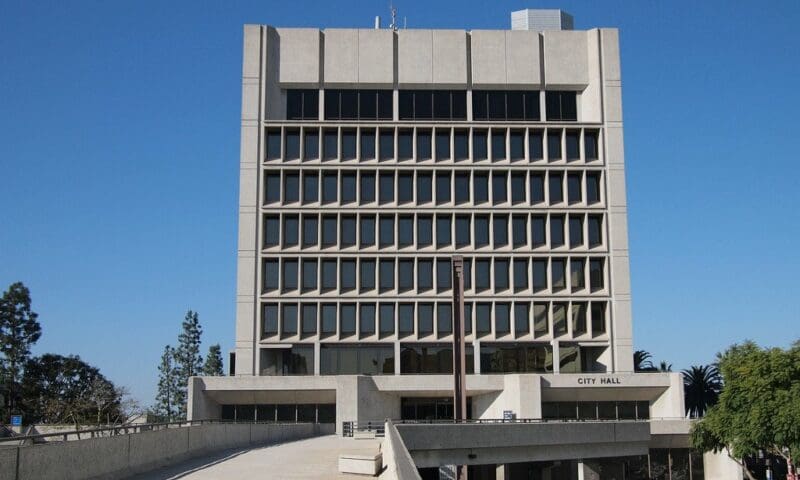

Eight months after Kisha Michael, 31, and Marquintan Sandlin, 32, were shot to death in their car, there are still no answers to why Inglewood police killed them outside a Manchester Boulevard 7-11 store sometime before 4 a.m., February 21.


Proposition 61, an initiative that’s intended to lower pharmaceutical prices paid by the state, has turned out to be one of the most expensive proposition battles ever fought in California as prescription drug companies are throwing more money at defeating this initiative than has ever been collected by one side in a ballot fight.
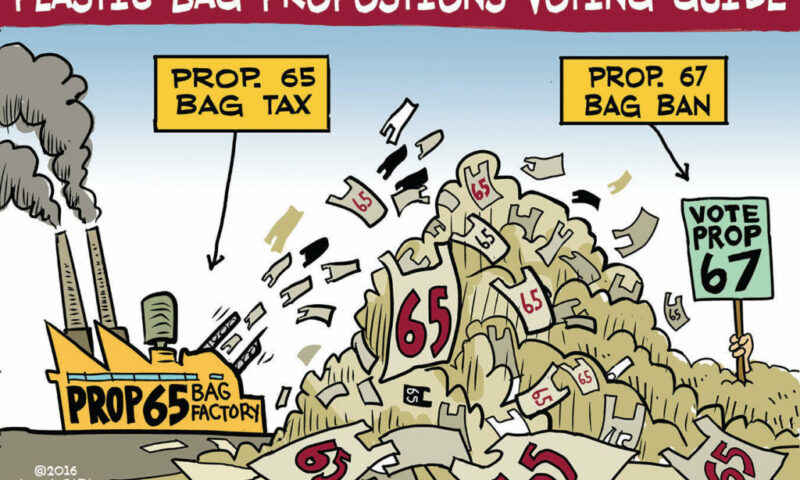
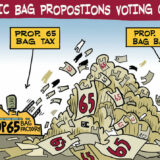
When Bisbee, Arizona banned single-use plastic bags in 2014, leaders in the plastics industry worried Bisbee had sparked a trend. So they did what corporate lobbyists do in a reliably conservative state: They persuaded legislators and the governor to declare bans like Bisbee’s illegal.
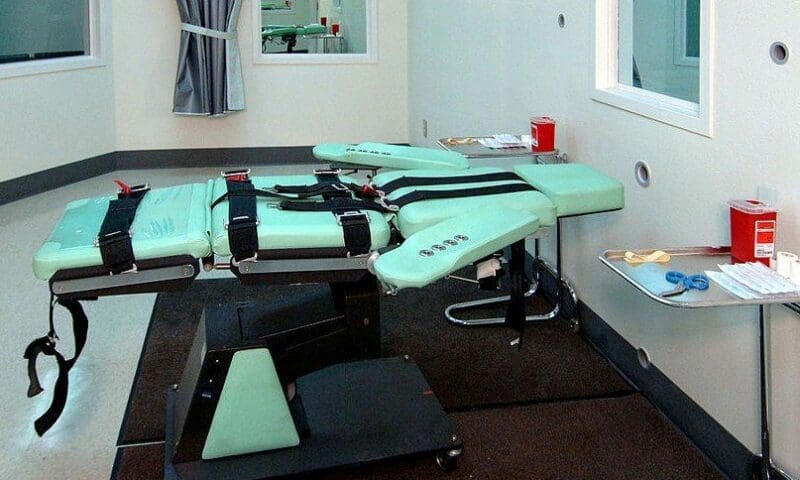

Of the 17 propositions on this year’s California ballot, few are as divisive as the issue of capital punishment. There are actually two separate initiatives targeting the death penalty: Proposition 62, which would abolish the death penalty, and Proposition 66, which would speed up executions.